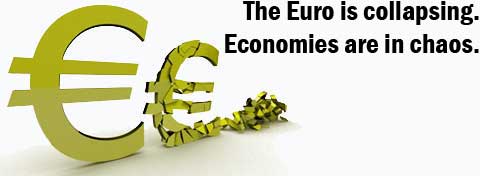Unintended consequences and the great land bubble
Politicians cannot be trusted with money. To win and hold power, they must bribe the people with unfunded promises or their own money. Their policies thus evolve to spend more than can be raised in current taxes. The well-known result is ever-rising deficits. In an attempt to prevent budgets spiralling completely out of control, treasuries and central banks were created. As their curbs became an annoying encumbrance to staying in power, politicians appointed like-minded ‘professionals’ (often placemen and usually ‘economists’) to these high offices. The evidence of the obsequious willingness of these appointees never to confront their masters is that none commented on, and possibly never foresaw, the financial sector melt-down or subsequent sovereign default, even though their training showed these to be inevitable. Despite recent proof that unsustainable debt must cause the financial system to collapse, the universally agreed solution has been to maintain interest rates at zero - thus subsidising the cost of credit such as mortgages (another bribe) - and further to increase government debt. Current hand wringing about ‘austerity’ is a misnomer; basic policy is unchanged. Just as these policy makers did not anticipate the consequences of large deficits, so they will fail to foresee the certain but unintended consequences of money printing on a heroic scale.
One of these consequences has been the creation of the first global boom in the price of farm land. The usual advice to investors with such bubbles is to run for the hills. Yet for this agricultural land boom (although an area outside our immediate expertise), the wisest advice must be to pile in. This also has positive implications for the prices of many listed companies.




